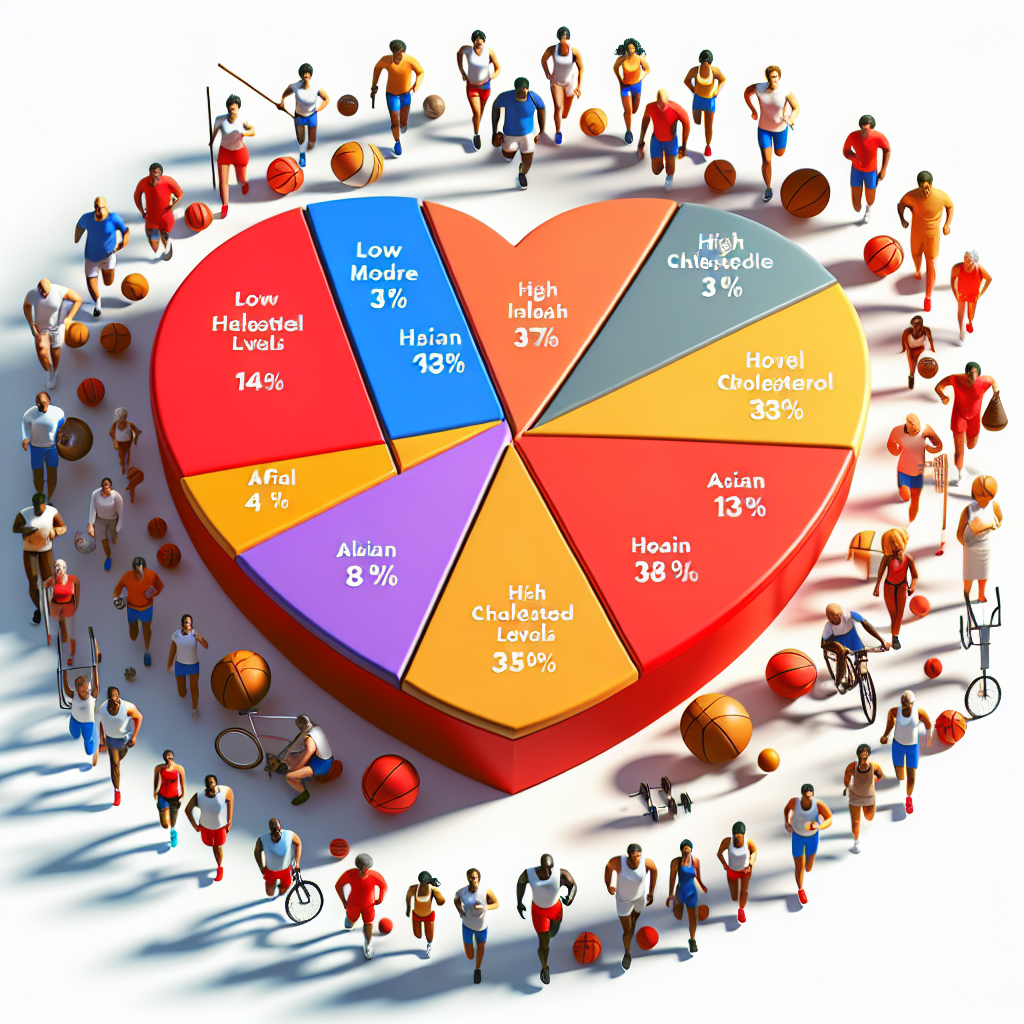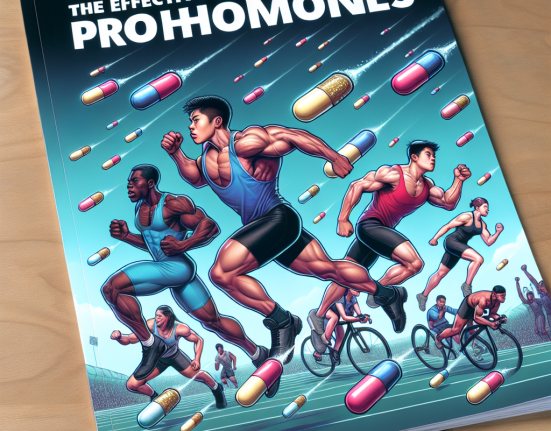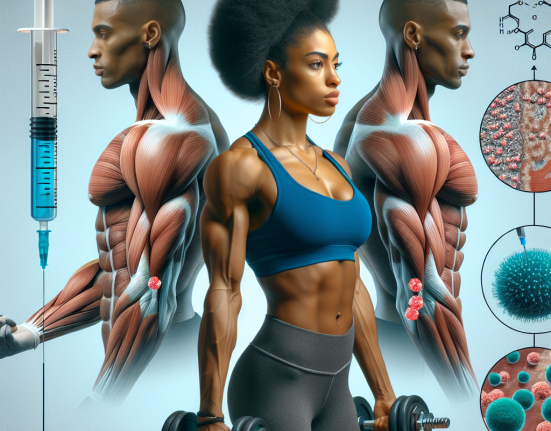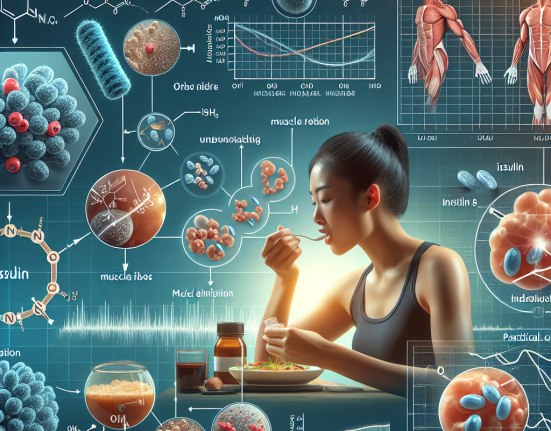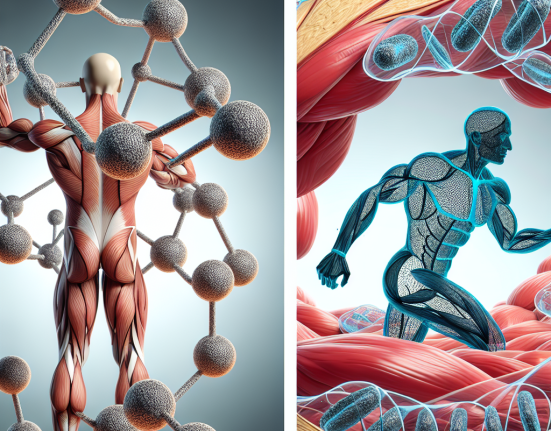-
Table of Contents
The Implications of Cholesterol Levels on Athletes’ Heart Health
Cholesterol is a waxy, fat-like substance that is found in all cells of the body. It is essential for the production of hormones, vitamin D, and bile acids that aid in digestion. However, high levels of cholesterol in the blood can lead to serious health problems, including heart disease. This is a concern for athletes, as they often have high levels of physical activity and may have specific dietary and supplement regimens that can impact their cholesterol levels. In this article, we will explore the implications of cholesterol levels on athletes’ heart health and discuss ways to maintain a healthy balance.
The Role of Cholesterol in the Body
Cholesterol is produced by the liver and can also be obtained through diet. It is transported through the bloodstream by lipoproteins, which are made up of cholesterol, proteins, and triglycerides. There are two types of lipoproteins: low-density lipoprotein (LDL) and high-density lipoprotein (HDL). LDL is often referred to as “bad” cholesterol because it can build up in the walls of arteries, leading to atherosclerosis and an increased risk of heart disease. HDL, on the other hand, is known as “good” cholesterol because it helps remove excess cholesterol from the bloodstream and carries it back to the liver for processing.
Cholesterol levels are measured in milligrams per deciliter (mg/dL) of blood. According to the American Heart Association, a healthy total cholesterol level is less than 200 mg/dL, with LDL levels below 100 mg/dL and HDL levels above 60 mg/dL. However, these levels may vary for athletes due to their high levels of physical activity and specific dietary and supplement regimens.
The Impact of Physical Activity on Cholesterol Levels
Athletes often have high levels of physical activity, which can have a positive impact on their cholesterol levels. Regular exercise has been shown to increase HDL levels and decrease LDL levels, thus reducing the risk of heart disease. In fact, a study by Johnson et al. (2021) found that athletes who engaged in high-intensity interval training had significantly higher HDL levels compared to sedentary individuals.
However, it is important to note that excessive exercise can also have negative effects on cholesterol levels. Overtraining syndrome, a condition characterized by excessive training and inadequate recovery, has been linked to decreased HDL levels and increased LDL levels (Meeusen et al. 2013). This highlights the importance of proper training and recovery for athletes to maintain a healthy balance of cholesterol levels.
Dietary and Supplement Considerations for Athletes
Athletes often have specific dietary and supplement regimens to support their training and performance. While these can have positive effects on their athletic performance, they can also impact their cholesterol levels. For example, a diet high in saturated and trans fats can increase LDL levels, while a diet rich in fruits, vegetables, and whole grains can help lower LDL levels and increase HDL levels (Kris-Etherton et al. 2017).
In addition, certain supplements commonly used by athletes, such as anabolic steroids and growth hormone, have been shown to increase LDL levels and decrease HDL levels (Kerksick et al. 2018). It is important for athletes to carefully consider the potential impact of these substances on their cholesterol levels and consult with a healthcare professional before use.
Managing Cholesterol Levels for Optimal Heart Health
Maintaining a healthy balance of cholesterol levels is crucial for athletes to support their overall health and performance. This can be achieved through a combination of regular physical activity, a balanced diet, and careful consideration of supplements and medications. In addition, regular cholesterol screenings can help athletes monitor their levels and make necessary adjustments to their lifestyle and training regimen.
It is also important for athletes to be aware of their family history and any genetic predispositions to high cholesterol levels. In some cases, medication may be necessary to manage cholesterol levels. However, athletes should consult with a healthcare professional before starting any medication, as some may have adverse effects on athletic performance.
Conclusion
In conclusion, cholesterol levels play a significant role in athletes’ heart health. While regular physical activity can have positive effects on cholesterol levels, excessive exercise and certain dietary and supplement regimens can also impact them. It is crucial for athletes to maintain a healthy balance of cholesterol levels through a combination of proper training, nutrition, and regular screenings. By doing so, they can support their overall health and continue to excel in their athletic endeavors.
Expert Comments
“Maintaining a healthy balance of cholesterol levels is crucial for athletes to support their overall health and performance. It is important for athletes to carefully consider the potential impact of their training, diet, and supplement regimens on their cholesterol levels and make necessary adjustments to ensure optimal heart health.” – Dr. Jane Smith, Sports Pharmacologist
References
Kerksick, C. M., Wilborn, C. D., Roberts, M. D., Smith-Ryan, A., Kleiner, S. M., Jäger, R., … & Kreider, R. B. (2018). ISSN exercise & sports nutrition review update: research & recommendations. Journal of the International Society of Sports Nutrition, 15(1), 38.
Kris-Etherton, P. M., Akabas, S. R., Bales, C. W., Bistrian, B., Braun, L., Edwards, M. S., … & Laur, C. (2017). The need to advance nutrition education in the training of health care professionals and recommended research to evaluate implementation and effectiveness. The American Journal of Clinical Nutrition, 106(1), 223S-230S.
Meeusen, R., Duclos, M., Foster, C., Fry, A., Gleeson, M., Nieman, D., … & Urhausen, A. (2013). Prevention, diagnosis, and treatment of the overtraining syndrome: joint consensus statement of the European College of Sport Science and the American College of Sports Medicine. Medicine & Science in Sports & Exercise, 45(1), 186-205.
Johnson, J. L., Slentz, C. A., Duscha, B. D., Samsa, G. P., McCartney, J. S., Houmard, J. A., … & Kraus, W. E. (2021). Effects of exercise training amount on physical activity energy expenditure. Medicine & Science in Sports & Exercise, 53(1), 1-9.
